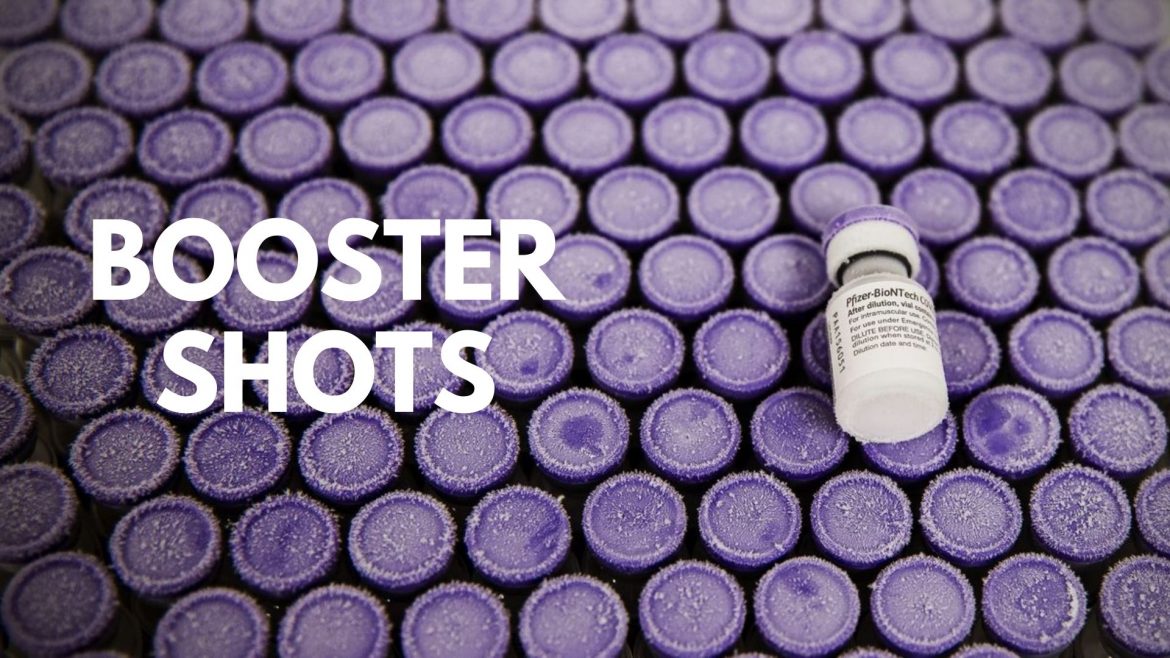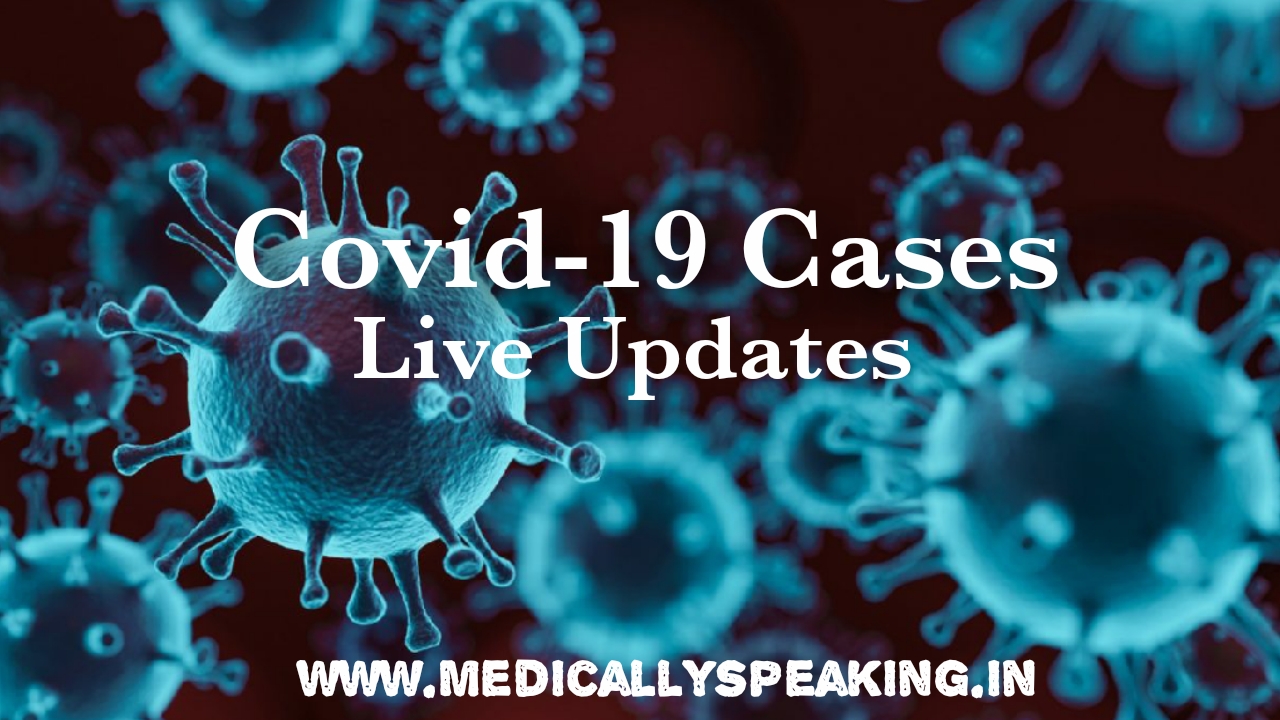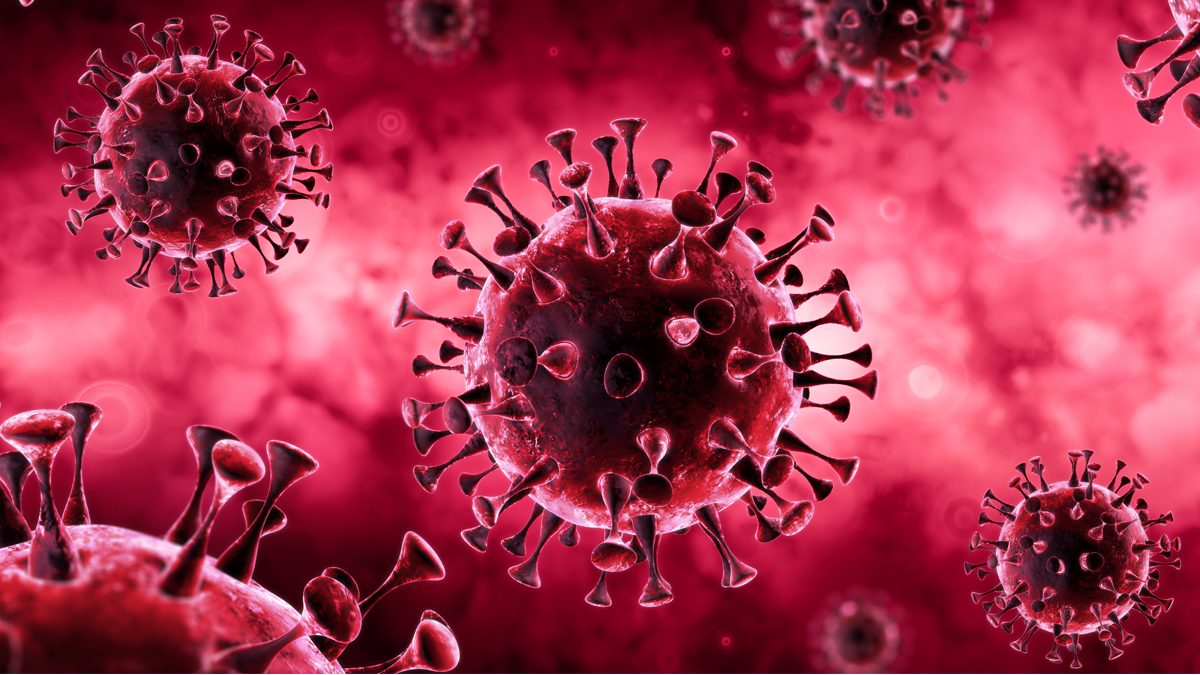Recent studies from the University of Virginia School of Medicine have highlighted the benefits of receiving a booster dose of the Covid-19 vaccination.
The most recent research explains how Pfizer and Moderna’s mRNA boosters affect the longevity of our Covid-19 antibodies. For everyone, including those who have recovered from a Covid-19 infection, a booster allegedly produced more resilient antibodies. The scientific publication Annals of Allergy, Asthma & Immunology has published the researchers’ most recent findings.
“These results fit with other recent reports and indicate that booster shots enhance the durability of vaccine-elicited antibodies,” said senior researcher Jeffrey Wilson, MD, PhD, of UVA Health’s Division of Asthma, Allergy and Immunology.
Tracking Covid-19 antibodies: Wilson and his collaborators looked at antibody levels following a booster in 117 UVA employee volunteers and compared those results with the levels seen in 228 volunteers after their primary vaccination series. Antibody levels one week to 31 days after the primary series and booster were similar, but the boosted antibodies stuck around longer regardless of whether the person had had Covid-19.
“Our initial thought was that that booster would lead to higher antibody levels than the primary vaccine series, but that was not what we found,” said researcher Samuel Ailsworth, the first author of a new scientific paper outlining the findings. “Instead, we found that the booster led to longer-lasting antibodies.”
After an illness or vaccination, antibody levels normally fall over time, although larger levels are regarded to be more protective. Thus, higher prolonged immunity against severe Covid-19 would be anticipated from antibodies with a longer half-life.
The antibodies produced by the Moderna booster were shown to be more durable than those produced by the Pfizer booster. Up to the conclusion of the research, after five months, Moderna’s antibody levels were higher than Pfizer’s. Wilson points out that both mRNA vaccine boosters offer improved and somewhat comparable levels of protection against Covid-19 in recently published large epidemiologic investigations, despite the fact that the results were statistically significant.
Because the frequency of Covid-19 infections in the community was relatively high when the boosters were being given, the authors also studied the effect of COVID-19 infection on antibody levels. The findings suggest that the “enhanced antibody durability observed after booster vaccination was not explained by hybrid immunity,” the researchers report in their paper.
The most recent findings come from Wilson’s team, which has been monitoring the evolution of the Covid-19 vaccine’s antibody response over time. The Covid-19 vaccine from Pfizer produced antibodies after the initial immunisation series that grew more slowly and dropped more swiftly than those produced by the Moderna vaccine. In same study, it was also shown that older Pfizer vaccination recipients produced fewer antibodies than younger ones, but this wasn’t the case for Moderna, where age didn’t seem to be a role.
According to the most recent findings, younger booster recipients originally produced more antibodies than older recipients did, but this difference eventually vanished.
Wilson notes that this study adds to the accumulating evidence that boosters are important in protecting the community from Covid-19. “Although only about half of the U.S. population that is eligible for a booster has received one, it is increasingly clear that boosters enhance the protection that is conferred by the primary series mRNA vaccines alone,” he said.









